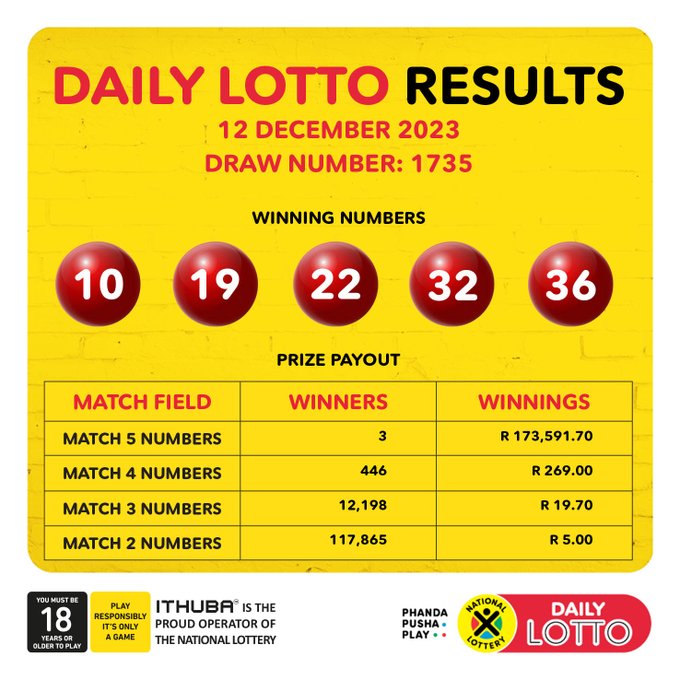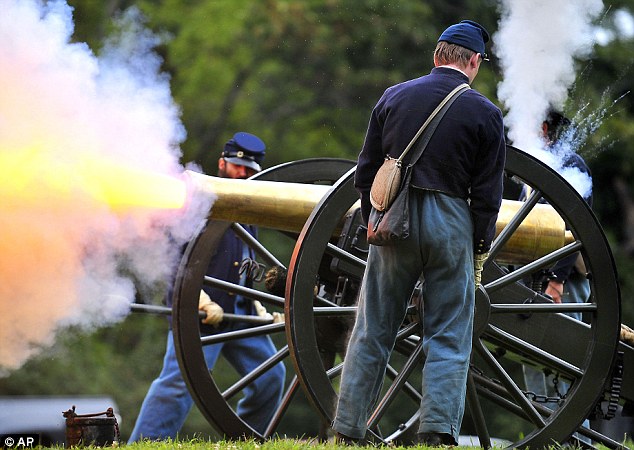The Rise Of Disaster Betting: Examining The Case Of The Los Angeles Wildfires

Table of Contents
The Mechanics of Disaster Betting
Disaster betting encompasses a range of financial instruments allowing individuals and institutions to bet on the likelihood and severity of catastrophic events. This includes:
-
Prediction Markets: These platforms allow participants to trade contracts based on the predicted intensity, location, and duration of wildfires. For instance, a contract might pay out based on the total acreage burned in a specific area during a fire season. The price of these contracts fluctuates based on supply and demand, reflecting the collective wisdom of the market regarding wildfire risk.
-
Catastrophe Bonds (Cat Bonds): These are insurance-linked securities designed to transfer risk from insurance companies to investors. If a predefined disaster, such as a wildfire exceeding a certain threshold of damage, occurs, the bondholders lose their principal, while the insurance company avoids significant payouts. This provides a form of alternative reinsurance.
-
Insurance Derivatives: These are financial contracts whose value is derived from insurance policies. They allow investors to speculate on the overall insurance claims resulting from a disaster, like the Los Angeles wildfires. For example, an investor might buy a derivative linked to wildfire insurance payouts, profiting if the claims exceed a certain level.
The process typically involves sophisticated predictive analytics and risk assessment. Data scientists and modelers use historical wildfire data, weather patterns (such as Santa Ana winds), proximity to vulnerable areas, and even satellite imagery to generate probabilities and inform these bets. The potential payoffs are significant, but so are the risks. An inaccurate prediction can lead to substantial financial losses.
Ethical and Societal Concerns of Disaster Betting
The ethical implications of disaster betting are profound. The potential for exploitation and profiteering from human suffering is a major concern. Critics argue that such practices represent a form of moral hazard, potentially incentivizing irresponsible behavior and hindering effective disaster preparedness.
-
Profiteering from Suffering: The very idea of profiting from the misfortune of others raises serious ethical questions. Does the potential for financial gain outweigh the moral cost?
-
Impact on Disaster Relief: Could the existence of disaster betting markets divert resources away from crucial relief efforts? The focus on financial gains might overshadow the urgent need for humanitarian aid.
-
Incentivizing Irresponsible Behavior: Does the ability to bet on disasters encourage complacency or even exacerbate the problem? For example, might it discourage proactive measures to mitigate wildfire risks?
The Los Angeles Wildfires Case Study
The Los Angeles wildfires, including devastating events like the Woolsey Fire, offer a compelling case study. While precise data on specific betting activity related to these fires is often unavailable due to the opaque nature of some markets, we can analyze the general impact. News reports suggested increased activity in catastrophe bond markets and insurance derivatives prior to and during the fire seasons, reflecting heightened concerns regarding wildfire risk. The actual losses from the fires – encompassing insured property damage, business interruption, and economic disruption – were substantial, directly impacting the value of these financial instruments. The severity of the wildfires likely resulted in significant payouts for some investors holding specific catastrophe bonds or derivatives, while others who bet on lower-severity scenarios experienced losses. Detailed analysis would require access to proprietary data from insurance companies and financial institutions.
Regulatory Landscape and Future of Disaster Betting
Currently, the regulatory landscape governing disaster betting is fragmented and uneven. Some jurisdictions have established frameworks for regulating catastrophe bonds and insurance-linked securities, while others lack specific regulations. This gap creates opportunities for exploitation and necessitates a greater degree of transparency and oversight.
-
Need for Stricter Regulations: A robust regulatory framework is essential to address the ethical concerns and potential risks. This could include stricter licensing requirements, increased transparency regarding trading activity, and limitations on certain types of bets.
-
Role of AI and Big Data: The increasing sophistication of predictive models, fueled by AI and big data, will further complicate the issue. Regulators need to anticipate these advancements and adapt their frameworks accordingly.
-
Increased Transparency: Greater transparency in the markets would allow for better monitoring of trading activity and a more informed public discourse.
Conclusion: The Future of Disaster Betting and the Los Angeles Wildfires
The rise of disaster betting presents a complex ethical and societal challenge. While these markets can offer innovative risk-transfer mechanisms and potentially improve disaster preparedness, the potential for exploitation and moral hazard cannot be ignored. The Los Angeles wildfires serve as a stark reminder of the devastating consequences of natural disasters and the need for responsible consideration of the emerging disaster betting markets. Understanding the implications of disaster betting is crucial, especially considering events like the Los Angeles wildfires. Let's engage in informed discussion about the future of this emerging market and advocate for regulations that prioritize ethical considerations and social responsibility alongside financial innovation.

Featured Posts
-
 18 April 2025 Daily Lotto Winning Numbers
May 07, 2025
18 April 2025 Daily Lotto Winning Numbers
May 07, 2025 -
 The Cobra Kai Stars Marriage Secret Staying Out Of Hollywood
May 07, 2025
The Cobra Kai Stars Marriage Secret Staying Out Of Hollywood
May 07, 2025 -
 Karate Kid 6 Ralph Macchios Return And Another Potential Revival
May 07, 2025
Karate Kid 6 Ralph Macchios Return And Another Potential Revival
May 07, 2025 -
 Laram Tezz Altjart Alealmyt Bkht Shhn Mbashr Byn Alsyn Almghrb Walbrazyl
May 07, 2025
Laram Tezz Altjart Alealmyt Bkht Shhn Mbashr Byn Alsyn Almghrb Walbrazyl
May 07, 2025 -
 What History Teaches Us About Warriors And Blowout Losses
May 07, 2025
What History Teaches Us About Warriors And Blowout Losses
May 07, 2025
